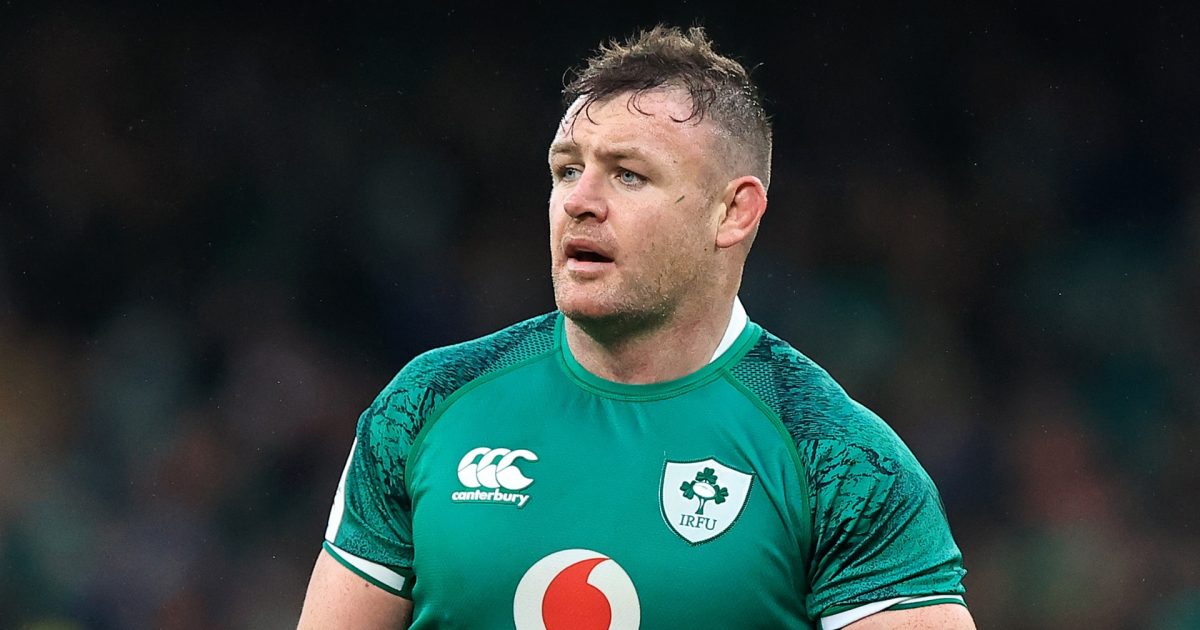Loosehead Dave Kilcoyne ruled out of Ireland tour to New Zealand

Ireland loosehead Dave Kilcoyne has been ruled out of their July tour to New Zealand following a disappointing injury update issued by Munster on Tuesday. The 33-year-old played three times off the bench for Andy Farrell’s side in the recent Guinness Six Nations championship.
A championship-ending injury to Andrew Porter allowed Kilcoyne to move up the prop pecking order in the middle of the tournament and he played as a replacement for the starting Cian Healy in the wins over Italy, England and Scotland, the latter victory clinching Ireland second place and the Triple Crown.
Kilcoyne has since returned to Munster but hasn’t played for them as they continue their Heineken Champions Cup and URC campaigns. It was April 1, when the province announced the matchday 23 for their league game versus Leinster, that it first emerged that the loosehead veteran was injured.
A statement at the time read: “In injury news, Dave Kilcoyne is being managed for a neck injury sustained in Ireland’s final game of the 6 Nations against Scotland.”
This prognosis has now been updated 25 days later in another Munster medical bulletin, this time in advance of their league game next Friday at home to Cardiff in Cork. “Dave Kilcoyne (neck) will go for surgery this week after a consultation with his specialist and will be out for up to twelve weeks,” read the statement.
'I was too light and getting busted in tackles but that was a good thing because when you're that light you have to learn to be technically very, very sound' @DonnachaRyan has come far since taking rugby up as a young hurler to bulk up, w/ @heagneyl
???https://t.co/oTVTDQFyHL— RugbyPass (@RugbyPass) April 10, 2022
A twelve-week layoff would sideline Kilcoyne until the week of July 19, by which stage Ireland will have played two of their three matches in their series versus the All Blacks. The tour kicks off in Auckland on July 2 and continued with Test games on the following two Saturdays in Dunedin and Wellington, concluding on July 16.
Elsewhere, the Munster statement read: “John Hodnett is awaiting a specialist opinion on the knee injury he suffered against Ulster on Friday night. Chris Cloete was removed with a neck and head injury in Belfast on Friday and will undergo the return to play protocols.
“Peter O’Mahony has returned to full training. Niall Scannell is increasing his training exposure this week with a view to returning to full training either towards the end of the week or the start of next week. Continuing to rehab: Jack O’Sullivan (knee), Gavin Coombes (ankle), Tadhg Beirne (thigh), Andrew Conway (knee), James French (knee), RG Snyman (knee).”




























































































